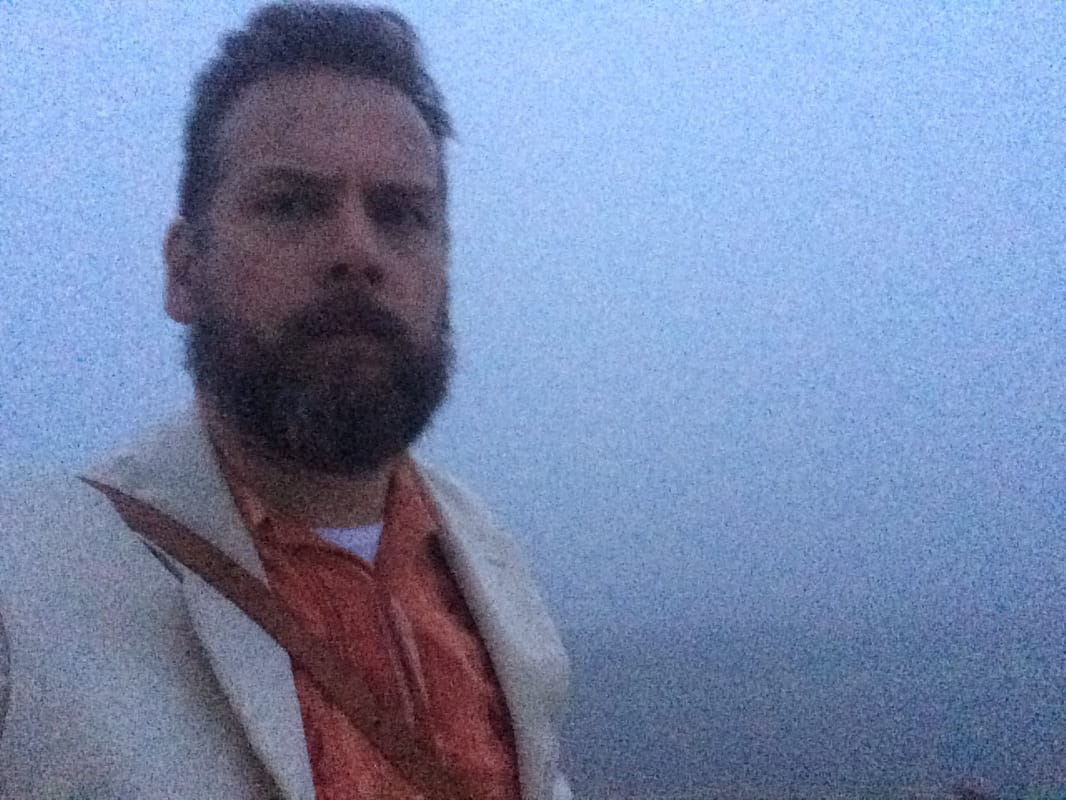|
In my continued research for a novel (provisionally entitled Amateurs) which features a member of the Hammer production staff as a character, I rewatched Quatermass and the Pitt. The last time I saw this film was on a very small portable television (black and white), which I would position close to my bed to create a big screen effect. I come from a generation where our childhood homes (if they had second televisions) would usually have black and white televisions. There are tonnes of film that I watch (late night BBC2, Moviedrome etc.) in black and white that even today I'm surprised to see were actually in colour. Sometimes, I much prefer my black and white memories to my present day technicolor reality. A friend of mine used to adjust his TV set so he could watch films in black and white. He said that The Shining and Taxi Driver were much better drained of colour.
Quatermass and the Pit is the third film to feature the sleuthing scientist and weird things investigator, a version of Arthur Conan Doyle's Challenger. It has an excellent creepy atmosphere and a ludicrous moment of horror when a workman is possessed by an alien force and suddenly becomes a performance artist interpreting Autumn through the medium of dance. This starts off daft but becomes weirdly scary. One thing to focus on when watching the film is Barbara Shelley's performance. Shelley was of course a stalwart of the Hammer troupe, a scream queen, but 1967 seems to have been the beginning of the waning of her cinema career. After this film, her credits are exclusively in television. In Quatermass and the Pit, there is a definite sense that she can't be bothered anymore. Everyone in the film has a languid ease, despite the extraordinary events of the plot. The main scientist takes time off from examining the recently discovered alien corpse to flick through an old book looking for similarities. Even in moments when disaster seems imminent, characters react with a slowness that seems bred of not getting enough sleep. But that can't be so because on being confronted with the possible enormity of their discovery, Quatermass explicitly tells Barbara Shelley he's just had a good night's sleep and now he's changed his mind. So that can't be it. Normally saying that an actress is sleep walking through a part would be to criticize them, but strangely Barbara Shelley dazed doziness actually adds to the sense that everyone is hurtling towards a horrific conclusion with their eyes half closed.
0 Comments
Leave a Reply. |
AuthorJohn Bleasdale is a writer. His work has appeared in The Guardian, The Independent, Il Manifesto, as well as CineVue.Com and theStudioExec.com. He has also written a number of plays, screenplays and novels. Archives
March 2019
|
 RSS Feed
RSS Feed


